
Introduction
The school calendar for 2026 South Africa represents a significant subject within its field, encompassing a range of practices, traditions, and applications that shape daily life and broader cultural and professional landscapes. Understanding the school calendar for 2026 South Africa provides clarity about its background, its present relevance, and the way it continues to influence various aspects of society. For students, parents, educators, and the wider community, the annual academic timetable is more than just a list of dates; it is a foundational document that dictates the rhythm of the educational year, enabling meticulous planning, academic progression, and national coordination across the diverse South African educational landscape.
Definition and Origin of School Calendar for 2026 South Africa
The school calendar in South Africa, including the specific iteration for 2026, is a comprehensive schedule outlining the academic year for public schools. It details the start and end dates of terms, public holidays, school holidays, and typically includes provisions for national examination periods. This calendar is meticulously developed and gazetted by the Department of Basic Education (DBE), following extensive consultations with provincial education departments, teacher unions, school governing bodies, and other relevant stakeholders. The aim is to create a nationally coherent framework that ensures equitable instructional time across all provinces and caters to the diverse needs of the schooling system.
Historically, the establishment of a unified national school calendar in South Africa post-1994 was a critical step towards dismantling the fragmented and unequal education system of the apartheid era. Prior to this, calendars often varied significantly along racial and regional lines, perpetuating disparities. The current system seeks to foster a common educational experience, promote national cohesion, and streamline administrative processes. The annual determination of the calendar considers various factors, including the distribution of public holidays, the need for sufficient teaching days, climatic conditions in different regions (e.g., ensuring breaks during extreme weather), and the logistical requirements for national assessments like the National Senior Certificate (NSC) examinations. The process ensures that the academic year is structured to optimize learning and teaching opportunities while accommodating national observances and student well-being.
Importance of School Calendar for 2026 South Africa Today
The 2026 academic calendar holds immense importance for the entire educational ecosystem and beyond. For learners, it provides a predictable structure for their academic journey, allowing them to anticipate study periods, assessments, and much-needed breaks. Educators rely on it for curriculum pacing, lesson planning, and scheduling professional development activities. Parents and guardians find it indispensable for managing family commitments, planning holidays, and arranging childcare, especially during school breaks.
Beyond individual stakeholders, the national school schedule is vital for maintaining consistency and equity across the nine provinces. It ensures that all public schools adhere to a similar instructional timeframe, facilitating standardized assessments and promoting a level playing field for all students. Furthermore, the calendar has broader societal implications. It influences economic sectors such as tourism and retail, which often experience peaks and troughs correlating with school holidays. Transport services also adjust their schedules to accommodate increased travel during these periods. The calendar’s provisions for national examinations are particularly critical, as they dictate the timeline for matriculants’ final assessments, which in turn affects their transition to higher education or the workforce. Without a clearly defined and universally adopted academic timetable, the coordination of educational activities, resource allocation, and national planning would be significantly hampered, leading to disorganization and potential inequities.
Benefits of School Calendar for 2026 South Africa
The structured approach offered by the 2026 academic calendar provides numerous benefits:
- Clarity and Structure: It offers a clear, unambiguous framework for the academic year, removing uncertainty for all participants. This clarity allows for proactive planning and reduces confusion regarding school operations.
- Preparation and Planning: Students can plan their study schedules, teachers can develop comprehensive lesson plans, and parents can organize family activities, appointments, and childcare well in advance. This foresight contributes to a more organized and less stressful environment for everyone involved.
- National Alignment and Equity: A standardized national calendar ensures that all public schools operate on a consistent schedule. This alignment is crucial for facilitating student transfers between provinces, coordinating national educational initiatives, and ensuring that all learners receive an equivalent amount of instructional time, fostering equity across the diverse educational landscape.
- Work-Life Balance: Predictable school holidays and term breaks allow educators and school staff to plan personal time, rest, and engage in professional development, contributing to improved well-being and reduced burnout. Similarly, families can synchronize their work and personal lives more effectively.
- Resource Allocation and Administration: Educational departments at national and provincial levels can efficiently allocate resources, schedule training programs, plan infrastructure maintenance, and manage staffing requirements when the academic year’s structure is clearly defined. This systematic approach optimizes operational efficiency.
Applications of School Calendar for 2026 South Africa
The applications of the 2026 academic calendar extend across various domains, demonstrating its pervasive influence:
- Academic Planning: Teachers utilize the calendar to structure their curriculum delivery, allocate time for specific topics, schedule assessments, and plan for revision periods. School management teams use it to organize extra-curricular activities, sports events, and parent-teacher meetings.
- Parental and Family Planning: Parents rely heavily on the calendar to schedule family vacations, arrange childcare during school holidays, book medical appointments, and coordinate their work schedules to align with their children’s academic year. This integration is vital for family harmony and logistical efficiency.
- Student Time Management: Learners use the calendar to manage their study time, plan for project deadlines, prepare for examinations, and balance their academic commitments with social and recreational activities. It helps instill discipline and organizational skills.
- School Administration and Operations: School principals and administrative staff apply the calendar for budgeting, staff rostering, planning school events, managing facility maintenance schedules during breaks, and coordinating with external service providers like transport and catering.
- Government Policy and Public Services: Government departments beyond education use the calendar to coordinate national initiatives, such as public health campaigns (e.g., vaccination drives for school-aged children), road safety campaigns during holiday travel, and youth development programs.
- Business and Economic Sectors: The tourism industry, hospitality sector, retail businesses, and transport companies closely monitor the school calendar to anticipate demand fluctuations. Holiday periods often lead to increased travel, hotel bookings, and consumer spending, impacting economic activity.
Challenges and Future of School Calendar for 2026 South Africa
Despite its robust framework, the annual school calendar faces several challenges, and its future may see adaptations.
- Disruptions and Flexibility: Unforeseen events such as natural disasters (floods, droughts), public health crises (like pandemics), or industrial action (teacher strikes) can disrupt the carefully planned schedule, necessitating adjustments and potentially impacting instructional time. The challenge lies in building flexibility into the system without compromising academic rigor.
- Regional Nuances and Diverse Needs: While the calendar is national, South Africa’s vast geographical and socio-economic diversity means that a "one-size-fits-all" approach may not always perfectly suit every region or type of school (e.g., rural farm schools versus urban schools). Balancing national consistency with localized needs remains an ongoing consideration.
- Curriculum Pressure and Learning Gaps: The need to cover extensive curricula within the allocated instructional days can sometimes create pressure. Any significant disruptions to the calendar can exacerbate existing learning gaps, particularly for disadvantaged learners, requiring compensatory strategies.
- Digital Divide and Information Access: While calendar information is typically available online, the digital divide in South Africa means that not all parents or students have easy access to the latest updates, particularly in remote areas. Ensuring equitable dissemination of information remains a challenge.
- Future Trends and Adaptation: Debates around alternative schooling models, such as staggered terms or year-round schooling, occasionally surface, though they are not currently mainstream. The integration of digital learning days, particularly in response to future disruptions, might become a more formalized aspect. Furthermore, climate change could influence future calendar decisions, potentially requiring adjustments to term dates to avoid extreme heat or severe weather conditions in certain regions. The ongoing evolution of educational methodologies and societal needs will likely prompt continuous review and refinement of the calendar.
FAQs about School Calendar for 2026 South Africa
Q1: What is the school calendar for 2026 South Africa?
The school calendar for 2026 South Africa is the official schedule for public schools, outlining term start and end dates, public holidays, and school holidays for the entire academic year. It is determined by the Department of Basic Education (DBE) to ensure a standardized educational timeline across all nine provinces, facilitating consistent learning and teaching.
Q2: Why is the school calendar for 2026 South Africa important?
The 2026 academic calendar is crucial for providing structure and predictability to the educational year. It enables students, teachers, and parents to plan effectively, ensures equitable instructional time across the nation, and coordinates national examinations and educational initiatives. Its importance extends to various economic and social sectors that align their activities with the school schedule.
Q3: What are the main benefits of the school calendar for 2026 South Africa?
Key benefits include providing clarity and structure for the academic year, enabling proactive planning for all stakeholders, ensuring national alignment and equity in educational provision, supporting work-life balance for educators and families, and optimizing resource allocation and administrative efficiency within the education system.
Q4: How can the school calendar for 2026 South Africa be applied in daily life?
The 2026 academic calendar can be applied in daily life for academic planning by teachers, parental planning for family activities and childcare, student time management for studies and extracurriculars, and school administration for operational logistics. It also influences broader economic activities, such as tourism and retail, by indicating peak periods.
Q5: What challenges are associated with the school calendar for 2026 South Africa?
Challenges include potential disruptions from unforeseen events like natural disasters or strikes, balancing national consistency with regional specificities, addressing curriculum pressure and learning gaps, ensuring equitable access to calendar information, and adapting to future trends and environmental changes that may necessitate calendar adjustments.
Tips for School Calendar for 2026 South Africa
To effectively navigate and utilize the 2026 academic calendar, consider the following tips:
- Understand the fundamentals. Familiarize oneself with the official gazetted dates for term starts, ends, and all public and school holidays. Note any specific provincial variations, though the national calendar aims for uniformity. Knowing these core dates is the first step to effective planning.
- Focus on practical use. Integrate the academic timetable into personal, family, and professional planning. Use it to schedule family vacations, medical appointments, extracurricular activities, and work commitments. For educators, it is essential for lesson planning, assessment scheduling, and professional development.
- Stay updated on new trends or research. Regularly check official sources, such as the Department of Basic Education’s website or provincial education department announcements, for any updates or amendments to the calendar. While changes are infrequent, being informed ensures accuracy in planning.
- Avoid common mistakes. Do not rely solely on unofficial sources or word-of-mouth for calendar dates. Always cross-reference information with official government publications. Misinterpreting dates can lead to missed deadlines, appointments, or disruptions in academic or personal schedules.
- Adopt a long-term approach. Utilize the full year’s calendar to plan major events, national examinations, and significant holidays well in advance. This proactive strategy helps in managing resources, reducing stress, and ensuring that all academic and personal obligations are met effectively throughout the year.
Conclusion about School Calendar for 2026 South Africa
The school calendar for 2026 South Africa remains an indispensable tool for structuring the educational year and coordinating the diverse activities within the nation’s schooling system. Its continuing importance lies in its ability to provide clarity, predictability, and equity, fostering an environment conducive to learning and development. By establishing a unified framework, it enables meticulous planning for students, parents, and educators, while also influencing broader economic and social sectors. The calendar reinforces a sense of national purpose and shared educational journey. While challenges such as unforeseen disruptions and the need for adaptive strategies persist, the fundamental benefits of a well-structured academic timetable far outweigh these difficulties. As South Africa progresses, the school calendar will undoubtedly remain a central element of educational stability, ensuring that the rhythm of learning continues to drive individual and national advancement into the future.
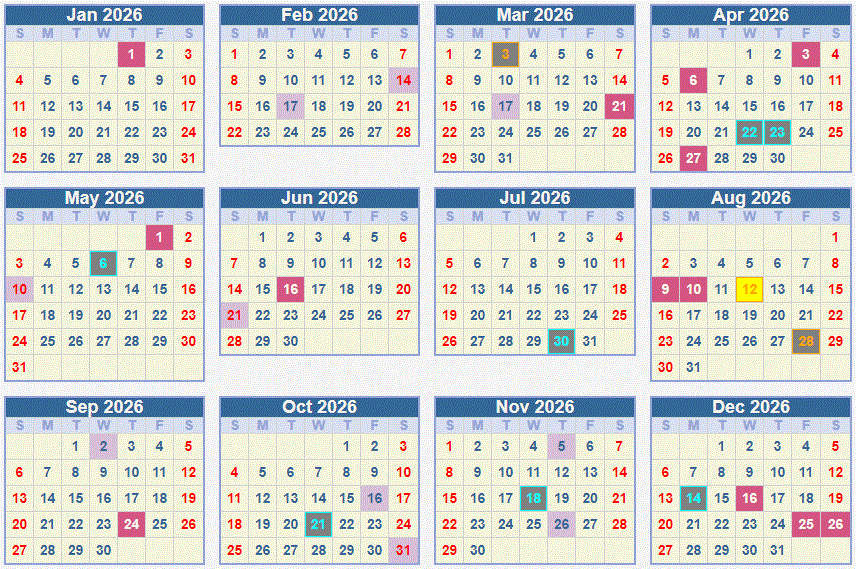


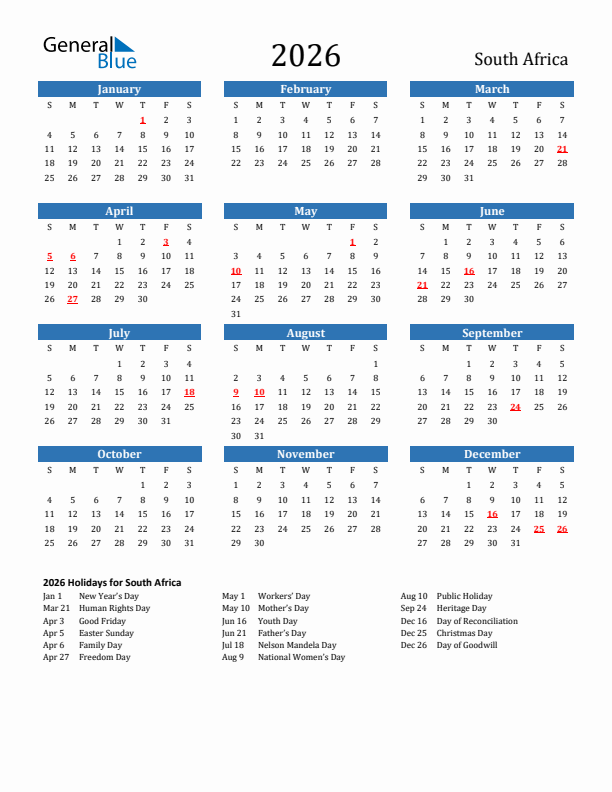
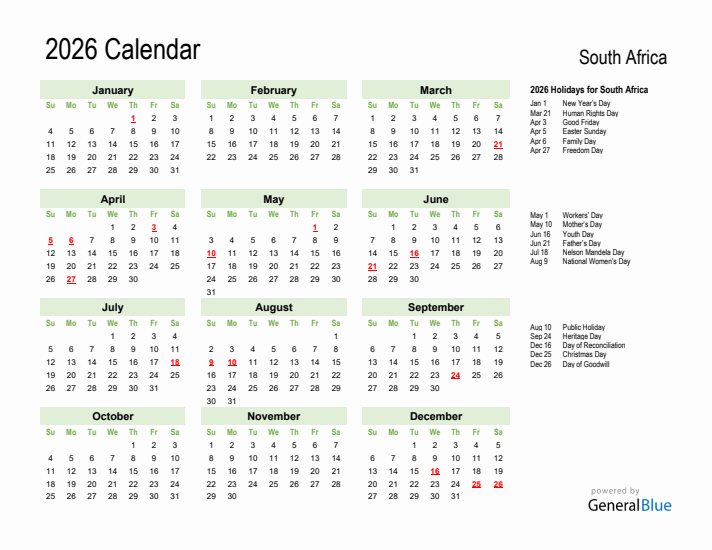
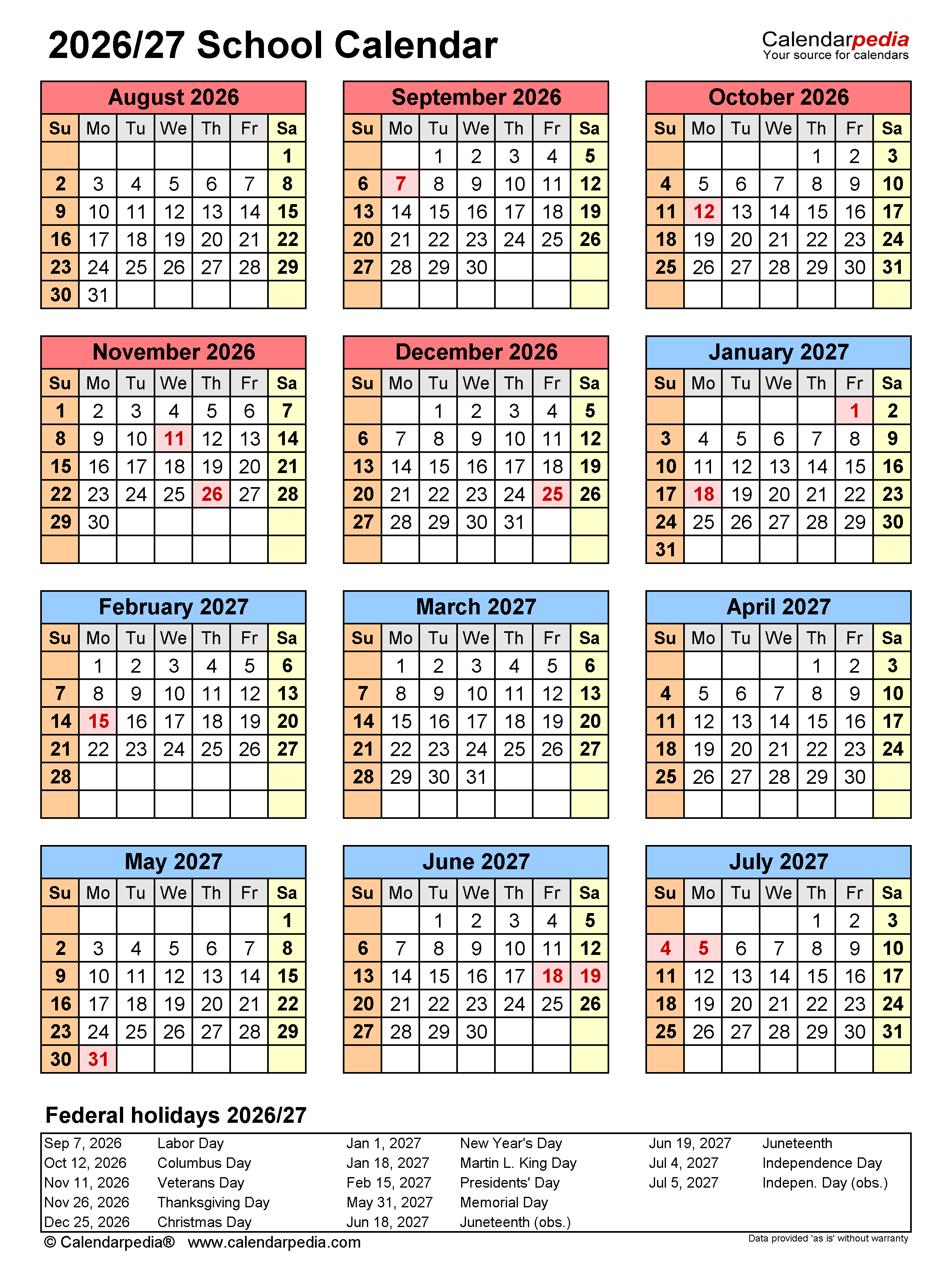
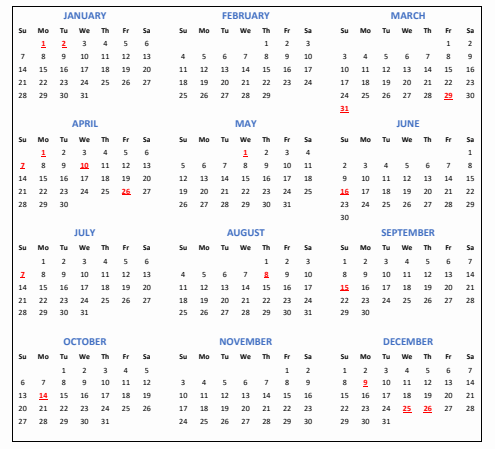
Leave a Reply